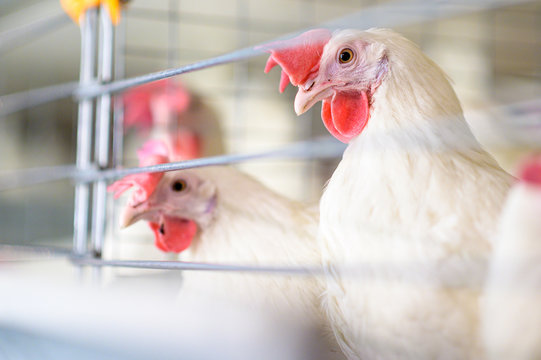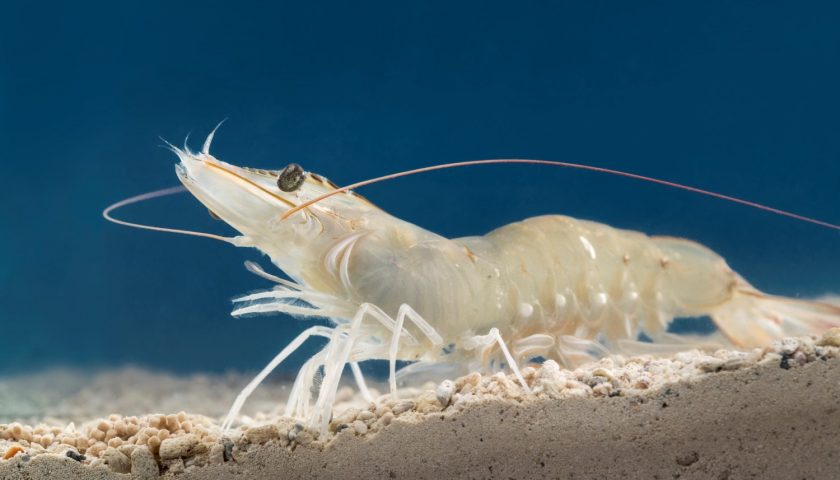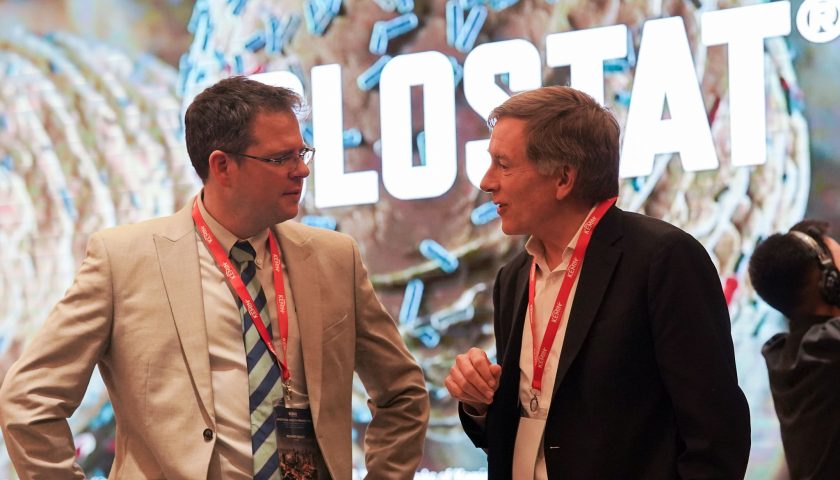In the recently published Poultry Quarterly Q3 2022: Rabobank shown Bullish Outlook With Strong Demand and Big Operational Challenges for Global Poultry Industry. Report says that Demand is strong, with most countries open after adopting ‘living with Covid’ strategies. These all things are pushing up poultry demand, while global pressure on spending power and high food prices are also leading consumers toward the lowest-priced meat protein: poultry.
The biggest challenge for the industry is on the operational side. Feed and energy prices are higher than they have been in many years and are expected to stay high into 2023. In addition to lingering Covid-19 impacts, the industry currently faces one of the highest-pressure avian flu (AI) seasons in history. The Ukraine crisis directly affects global feed commodity, energy, and fertilizer prices, further challenging industry operations in 2H 2022.
One consequence of this challenging context is that supply will be tight. Midsized and small producers are downscaling in response to higher working capital requirements and risks. New investment projects have been delayed, given the rise in investment costs, with high steel prices, rising interest rates, high logistical costs, and a tight labor supply. Genetics supply has tightened following Covid-19-related downscaling. In Asia, African swine fever (ASF) has also had a big impact on the local meat supply, with Thailand and the Philippines especially affected and facing tight local meat supply conditions.
In this challenging market context, the differences between winners and losers will be significant. Companies with strong market power, strong biosecurity, and strong operations – with high efficiency and solid procurement – will likely outpace the market. Traders are expected to benefit, as global trade volumes will rise, with leading countries and companies that do not face AI restrictions also benefiting.
Given these circumstances, supply will be tight. Midsized and small producers are downscaling in response to higher working capital requirements and risks. The new investment projects have been delayed, given the rise in investment costs, with high steel prices, rising interest rates, high logistical costs, and a tight labor supply. Genetics supply has tightened following COVID-19-related downscaling. In Asia, African swine fever has also had a big impact on the local meat supply, with Thailand and the Philippines especially affected and facing a tight local meat supply. In Europe, energy crisis is deepening along with AI (Avian Influenza). With more than 10 time of rates for energy availability, in coming winters for E.U; availability of CO2 for storage of processed meat could add more trouble to the circumstances.





